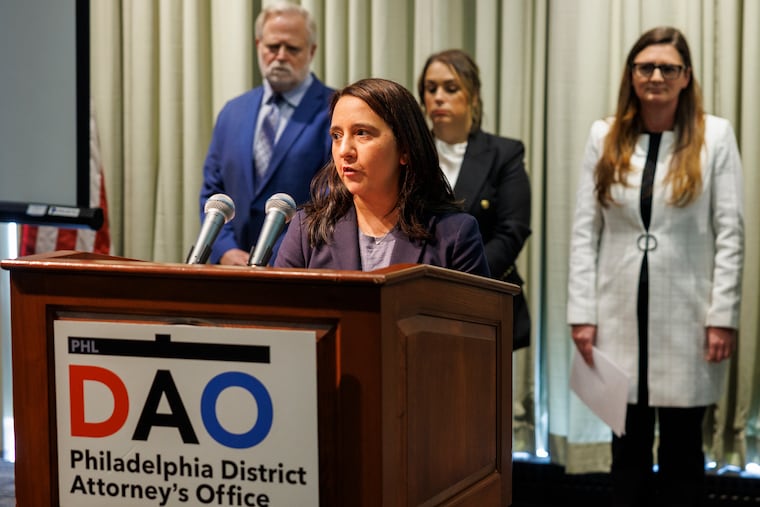Trump Administration Reduces Funding for Pennsylvania Innocence Project by 0,000
The Trump administration has recently terminated a three-year federal grant valued at 0,000 that was awarded to the Pennsylvania Innocence Project. This nonprofit organization, which has played a pivotal role in exonerating approximately 35 individuals wrongfully convicted of crimes in the state, was informed of the funding cuts last week. The grant had been awarded by the U.S. Department of Justice and was intended to support the organization’s vital work.
In a public statement, the Pennsylvania Innocence Project, which operates offices in Center City and Pittsburgh, has called upon potential donors to assist in sustaining its critical mission. The organization has faced significant challenges as a result of the funding cut, which David Rudovsky, a cofounder and civil rights attorney, described as a detrimental action by the administration. He warned that this decision could significantly hinder the organization’s ability to continue its efforts in exonerating innocent individuals.
The funding reduction is part of a larger pattern of cuts attributed to the Trump administration, which has reportedly eliminated an estimated 0 billion from various programs within its first 100 days. Approximately 120,000 federal workers have either been laid off or identified for potential layoffs across about 30 federal agencies.
The Pennsylvania Innocence Project’s loss of 0,000 in annual funding represents a 13% decrease in its yearly budget of approximately .5 million. This substantial reduction raises concerns about how the organization will adapt to the resulting financial strain. The funding was earmarked to enhance the organization’s capacity in managing cases currently under investigation.
Historically, grants have been essential to the growth and operational success of the Pennsylvania Innocence Project. The organization boasts a commendable track record in securing and efficiently managing grant-funded initiatives. Its accomplishments in addressing wrongful convictions have been recognized as instrumental in restoring faith in the justice system.
The Project’s team currently includes four staff attorneys, with additional support stemming from numerous pro bono contributions from attorneys throughout its history. The organization maintains a detailed record of individuals it has helped, underscoring its significant impact on those falsely accused of crimes. One notable case involves Marshall Hale, who, after serving 33 years for a wrongful conviction, was released in 2017 when DNA evidence proved his innocence.
The recent funding cuts raise pressing questions about the future operations of the Pennsylvania Innocence Project and highlight the ongoing challenges inherent in rectifying wrongful convictions within the justice system. Institutional support for organizations that contribute to truth and justice remains critical to ensuring the integrity of legal outcomes.
Media News Source







